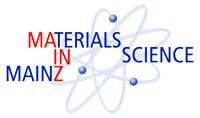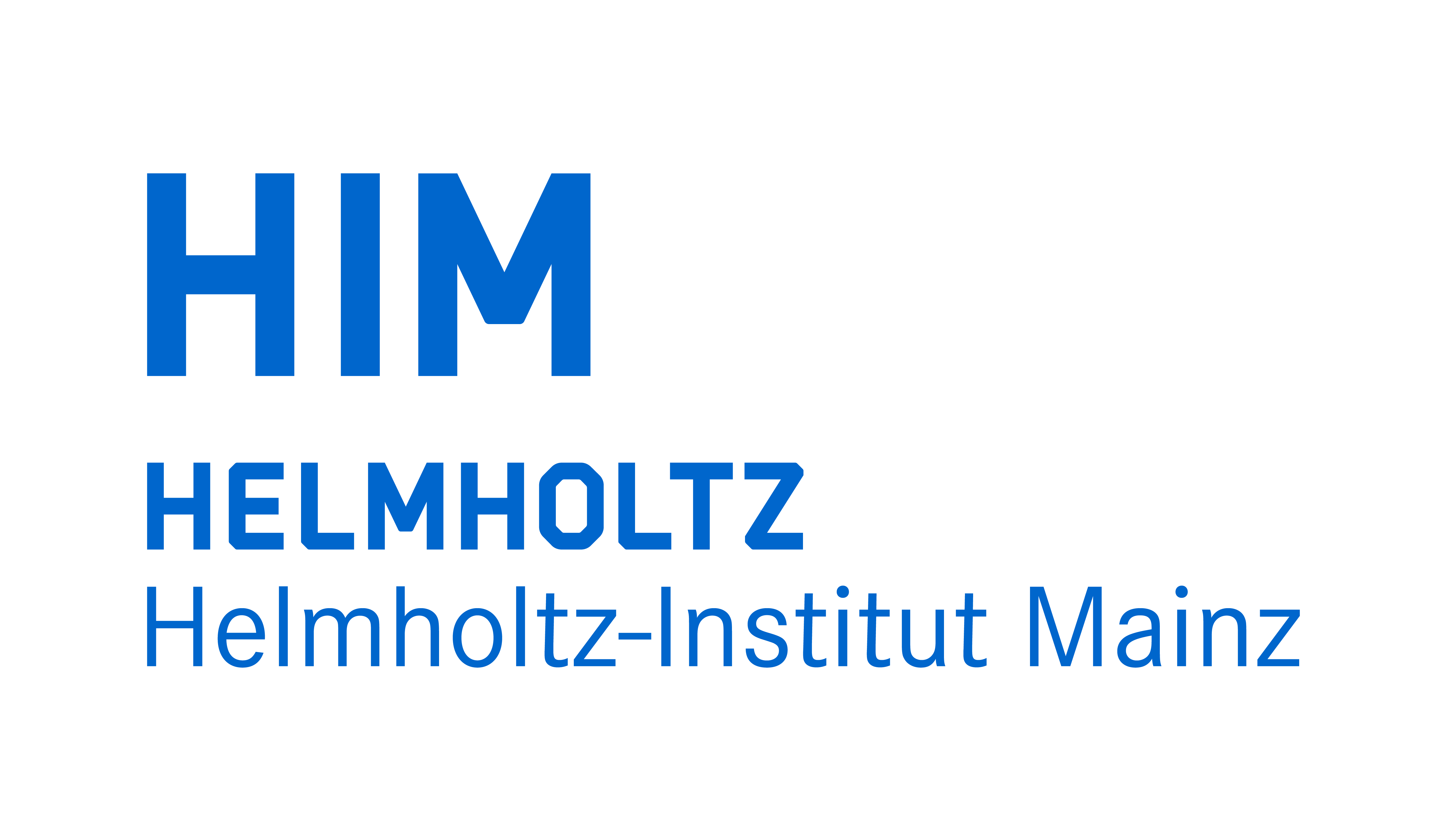


Physikalisches Kolloquium
June 30, 2020 at
4:15 p.m.
only via
Recording of the presentation
Prof. Dr. Friederike Schmid
Institut für Physik
friederike.schmid@uni-mainz.de
Prof. Dr. Hartmut Wittig
Institut für Kernphysik
hartmut.wittig@uni-mainz.de
Gravitational waves
Jo van den Brand (Nikhef)
The LIGO Virgo Consortium achieved the first detection of gravitational waves. A century after the fundamental predictions of Einstein, we report the first direct observations of binary black hole systems merging to form single black holes. The detected waveforms match the predictions of general relativity for the inspiral and merger of a pair of black holes and the ringdown of the resulting single black hole. Our observations provide unique access to the properties of space-time at extreme curvatures: the strong-field, and high velocity regime. It allows unprecedented tests of general relativity for the nonlinear dynamics of highly disturbed black holes. In 2017 the gravitational waves from the merger of a binary neutron star was observed. This discovery marks the start of multi-messenger astronomy and the aftermath of this merger was studied by using 70 observatories on seven continents and in space, across the electromagnetic spectrum.
The scientific impact of the recent detections on nuclear physics will be explained. In addition key technological aspects will be addressed, such as the interferometric detection principle, optics, and sensors and actuators. Attention is paid to Advanced Virgo, the European detector near Pisa that recently came on-line. The presentation will close with a discussion of the largest challenges in the field, including plans for a detector in space (LISA), and Einstein Telescope, an underground observatory for gravitational waves science.